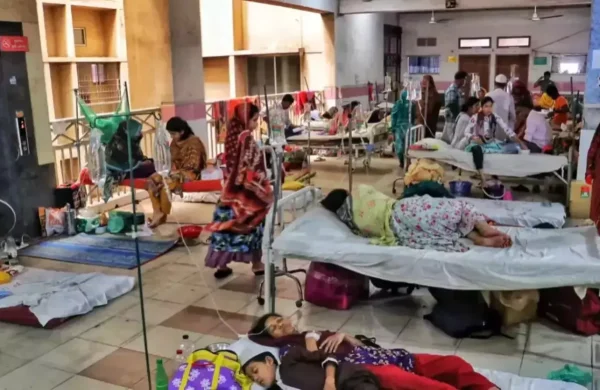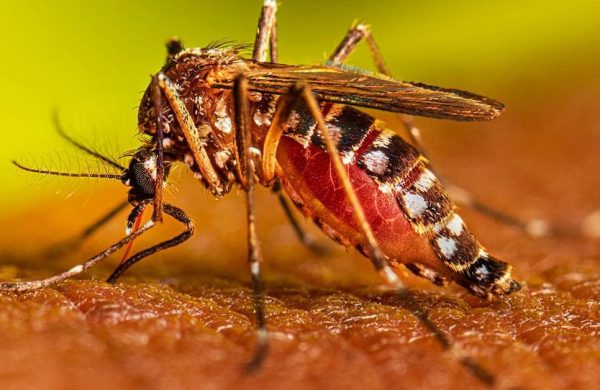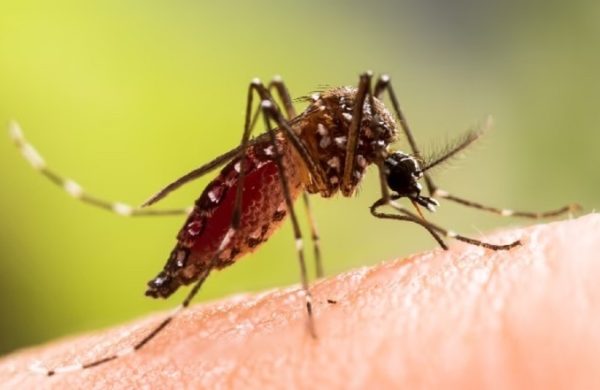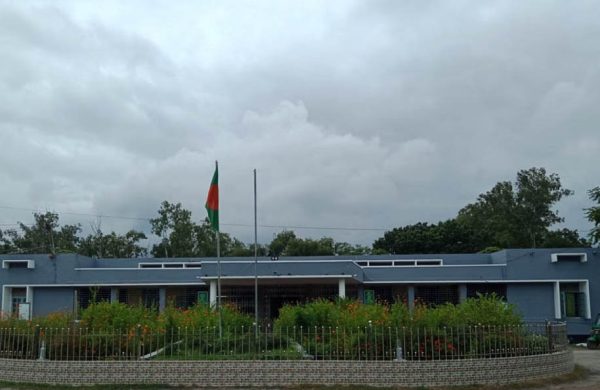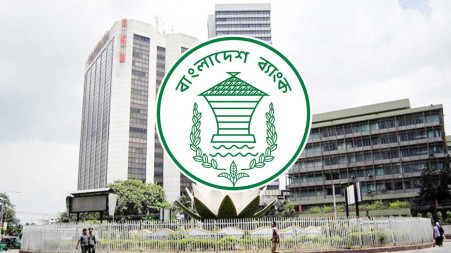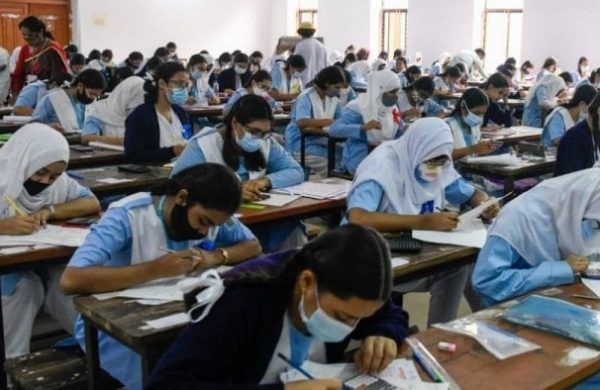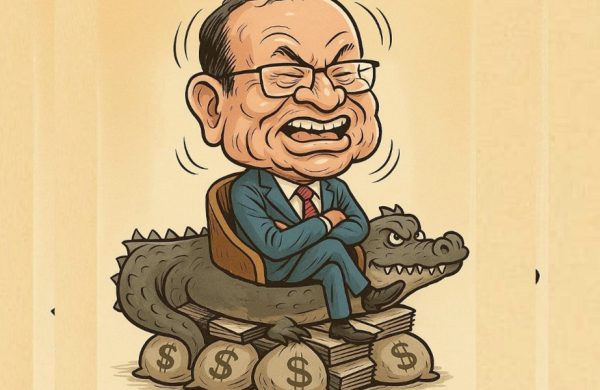Tobacco pushes youths into peril..!
- Update Time : Friday, May 31, 2024
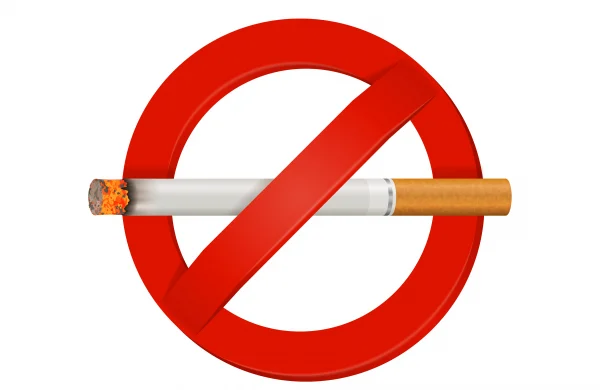
TDS Desk:
The consumption of tobacco and tobacco products remains alarmingly high in the country due to their easy availability amid a lack of effective curb measures, exposing children to serious health hazards.
While the authorities claimed that they have already taken various measures and many more are underway to control the use of tobacco in the country, anti-tobacco campaigners said these are not enough and effective to protect people, especially young ones, from harmful effects of tobacco and achieve the target set by the World Health Organization (WHO).
“The government is very sincere about controlling the consumption of tobacco and tobacco products in Bangladesh and it has already taken various initiatives, including strengthening the law through an amendment,” Dr Md Ziauddin, additional secretary (WH) and programme director at the Health Services Division, told the Reporters.
He further said the government is working towards banning e-cigarette or vaping products in the country to protect public health from its harmful effects. “We’re moving forward to implement the commitment of Prime Minister Sheikh Hasina to make the country free from tobacco by 2040.”
Against the backdrop, World No Tobacco Day 2024 will be observed in the country as elsewhere across the country today with the theme “protecting children from tobacco industry interference.” This theme is focused on advocating for an end to the targeting of youth with harmful tobacco products.
According to data from 2022, at least 37 million young people aged 13-15 years use some form of tobacco worldwide.
According to the WHO Global Adult Tobacco Survey (GATS) 2017, 35.3% of all adults (age over 15) use any tobacco products (men 46.0%, women 25.2%) while 8.0% smoke tobacco (men 36.2%, women 0.8%) and 20.6% of adults use smokeless tobacco (men 16.2%, women 24.8%).
The report further said among the youth (age 13-15), 6.9% use tobacco in any form (boys 9.2%, girls 2.8%) while 2.9% currently smoke tobacco (boys 4.0%, girls 1.1%) and 4.5% use smokeless tobacco products (boys 5.9%, girls 2.0%).
At the same time, 59.0% youths (ages 13-15) are exposed to secondhand smoke in public places and 31.1% to secondhand smoke at home.
According to anti-tobacco campaigning organisations, the scenario of tobacco and tobacco product consumption is alarming and the situation has been deteriorating day by day.
“Bangladesh is now a youth-dependent nation with 48% of the total population comprising young people. Tobacco companies are targeting this huge youth group to turn them into addicts. The state must protect them from the predatory tactics of the tobacco industry by strengthening the tobacco control law,” ABM Zubair, executive director of PROGGA, told the Reporters.
Referring to study reports, he said school-going children are being attracted to consumption of tobacco products due to the availability of tobacco products even in mini stalls and for explicit display.
“It’s urgent to stop all types of display of tobacco products immediately in the stalls, especially surrounding educational institutions, to stop tobacco consumption by teenagers and youths,” Zubair said.
Regarding health consequences, the Campaign for Tobacco-free Kids (CTFK) factsheet said tobacco killed nearly 126,000 people in Bangladesh in 2018, accounting for 13.5% of all deaths in the country.
“There’re about 1.5 million adults suffering from tobacco-attributable illness and more than 61,000 children below 15 are suffering from diseases caused by exposure to secondhand smoke,” it added.
The report further shows that compared to never users, tobacco users have a 57% higher risk of developing a tobacco-related disease such as ischemic heart disease, stroke, COPD or lung cancer and a 19% higher risk of tobacco-related cancer.
Talking to the Reporters, Prof Sohel Reza Choudhury, head of the Department of Epidemiology and Research at the National Heart Foundation Hospital and Research Institute, said the country’s people are suffering from serious harmful effects of tobacco and tobacco products.
According to a study, only the consumption of tobacco products is eating up Tk30,570 crore annually, which is 1.4% of Bangladesh’s gross domestic product (GDP).
Bangladesh ratified the WHO Framework Convention on Tobacco Control in 2004 and formulated a tobacco control law in 2005. In 2016, Prime Minister Sheikh Hasina declared her commitment to make Bangladesh tobacco-free by 2040.


